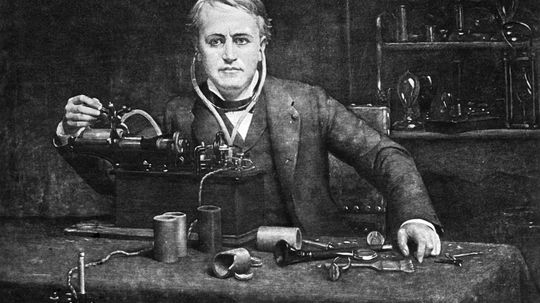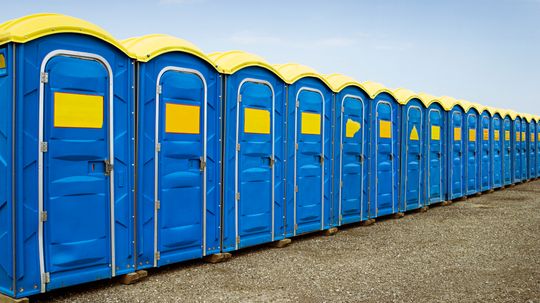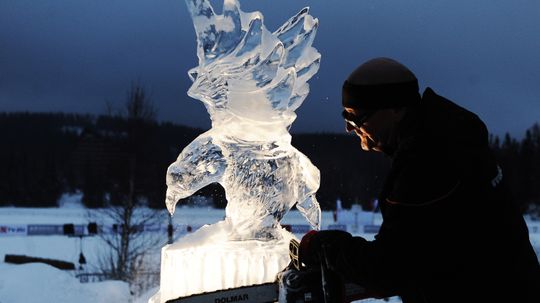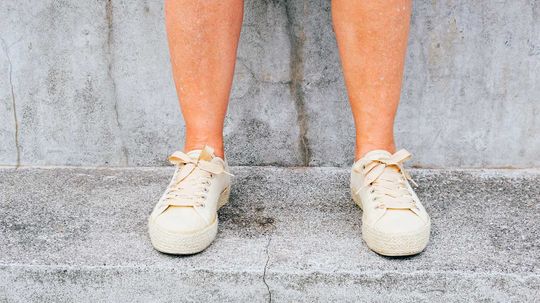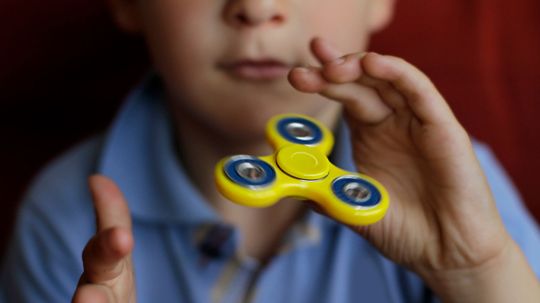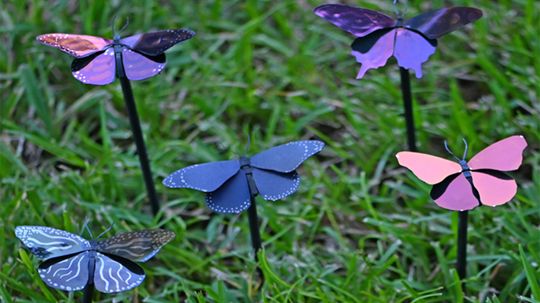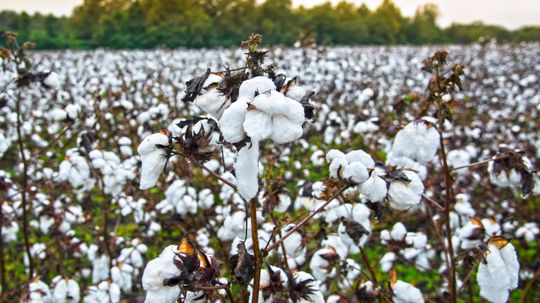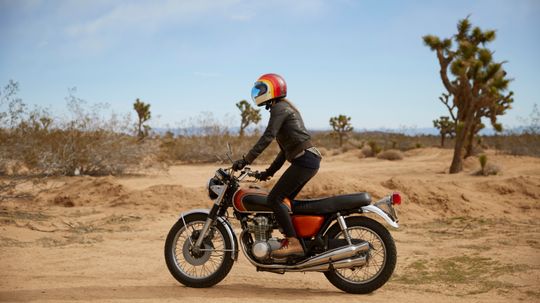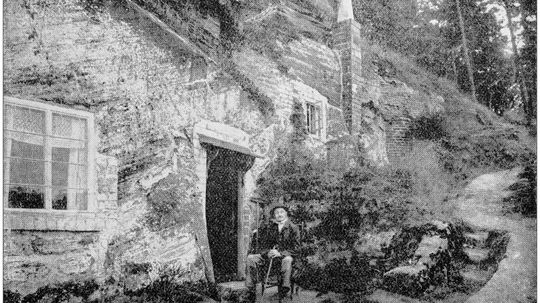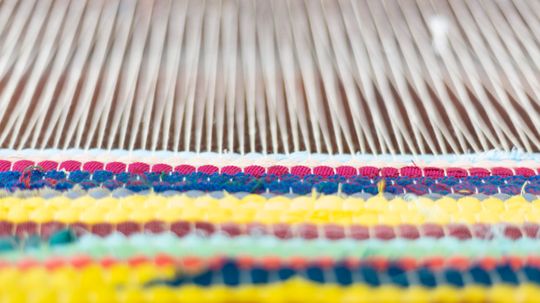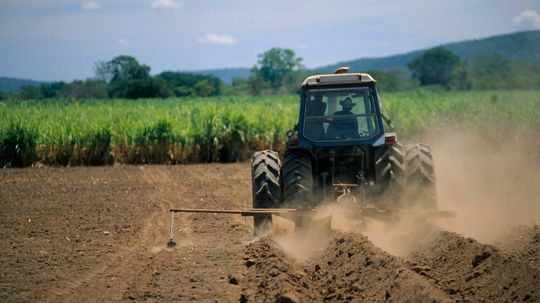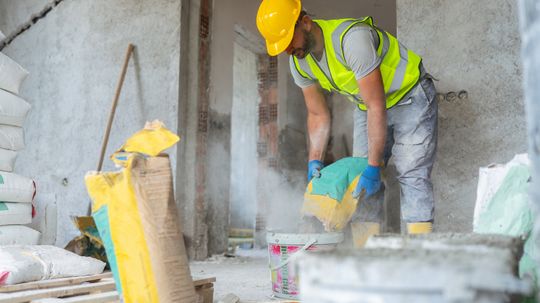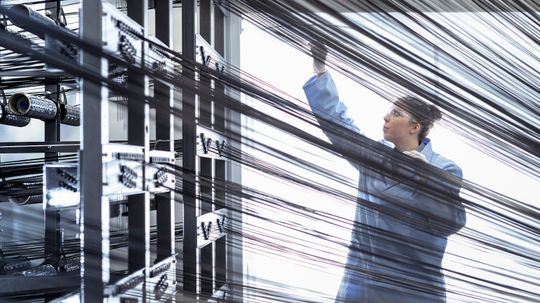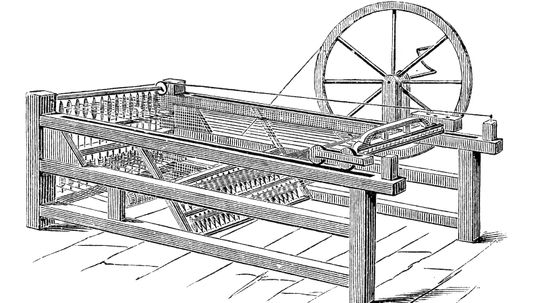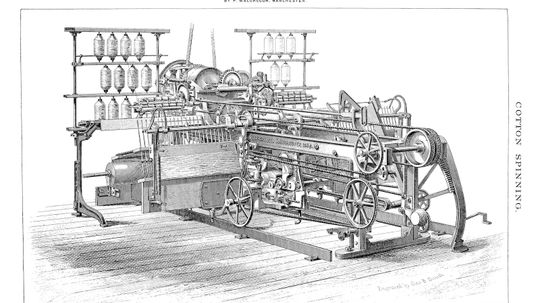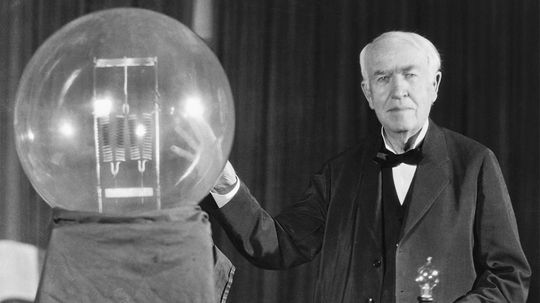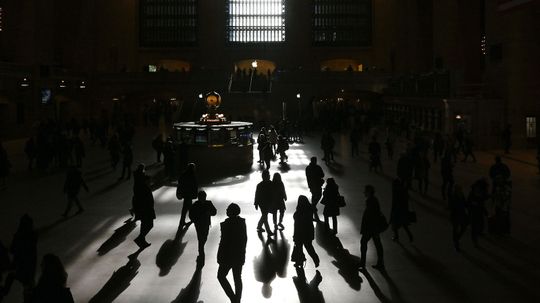Innovation
Do you know how common everyday items, such as mirrors, fireworks or sunglasses work? This collection of Innovation articles explores the workings of objects you may come into contact with on a regular basis.
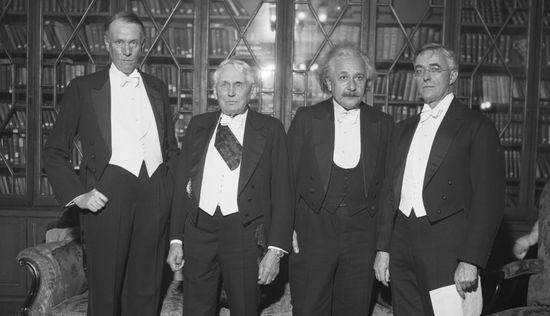
10 Nobel Laureates Whose Work Changed the World
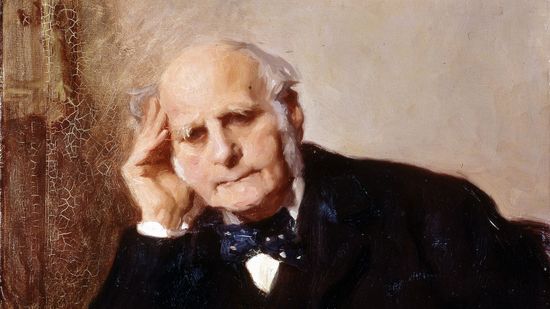
Eugenics Overshadows the Legacy of Scientific Genius Francis Galton
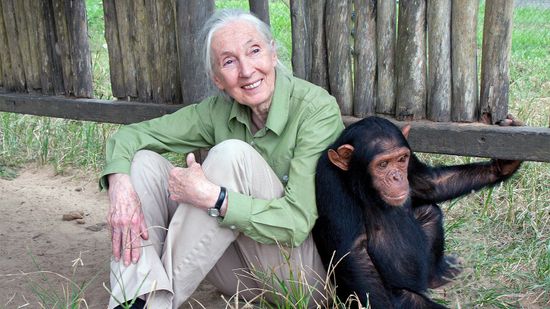
Jane Goodall: A Global Face for Global Peace
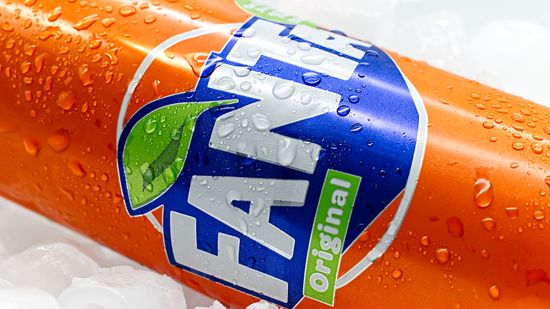
Who Made Fanta? Was It Really the Nazis' Favorite Soda?

'Mad Honey' Comes From Bees That Gather This Specific Nectar

Barrels and Barrels of Aged Beer

Who Invented the Toilet? A Brief History of the Flush
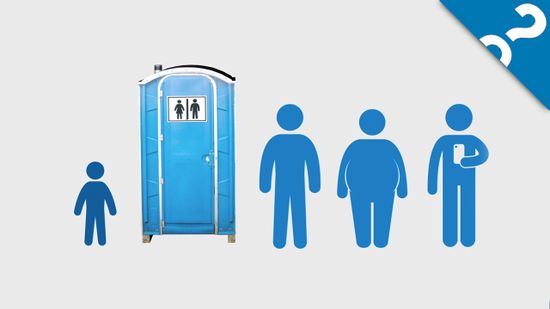
HowStuffWorks: How Porta Potties Work
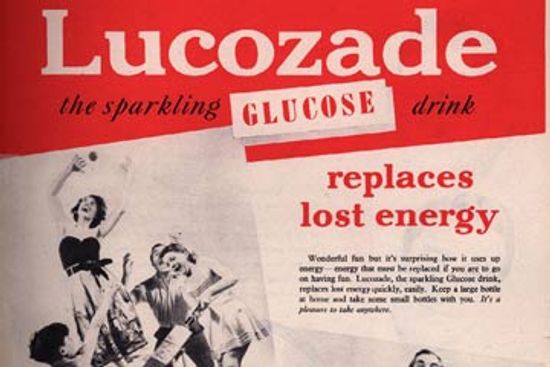
Who invented sports drinks?

Meet the Man Who Invented Cool Whip, Tang and Pop Rocks
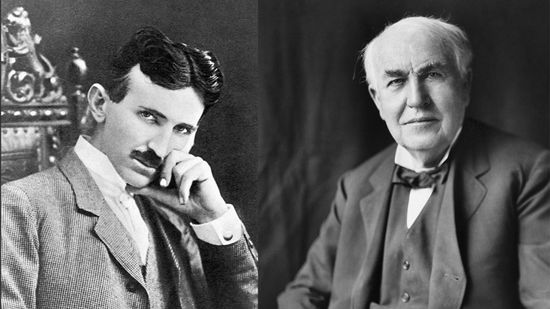
Thomas Edison vs. Nikola Tesla Quiz
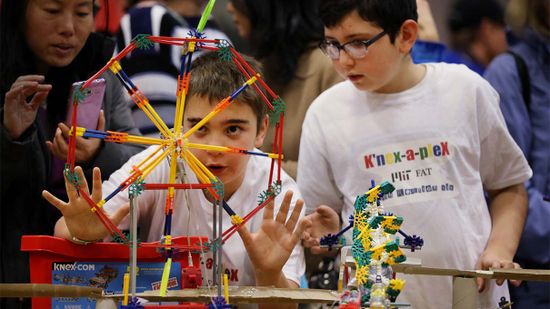
Rube Goldberg: The Man Behind the Ingenious Contraptions
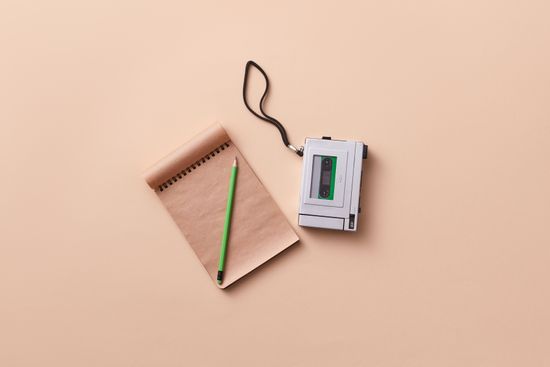
The Evolution of Dictaphones: A Comprehensive History
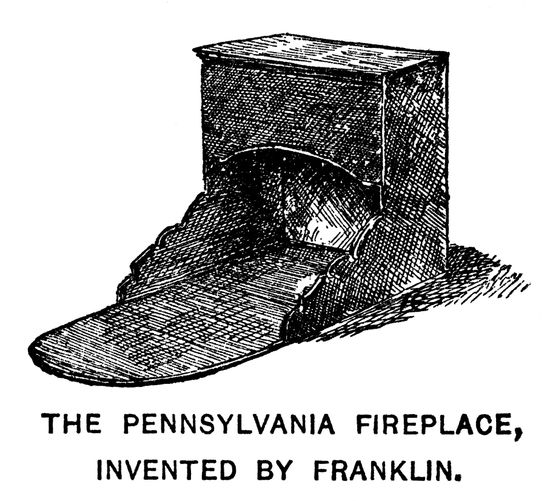
The Evolution of the Franklin Stove: From Invention to Modern Efficiency
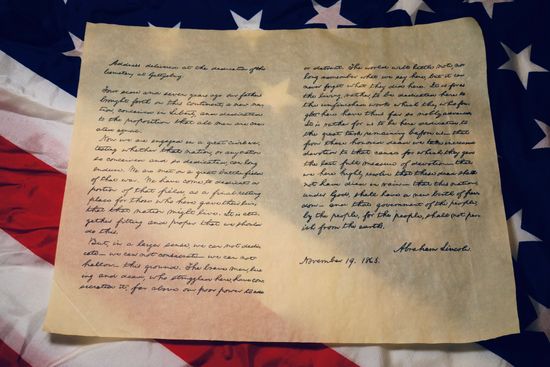
The Fascinating History of the Mimeograph Machine

5 Green NASA Inventions
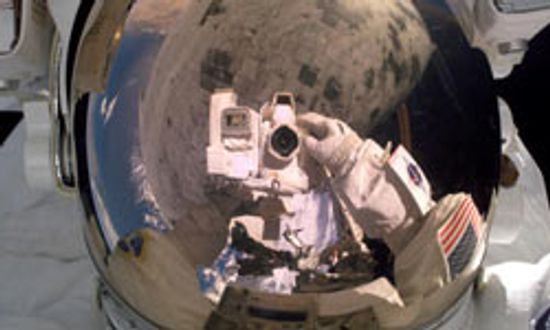
5 Types of NASA Technology in Your Attic
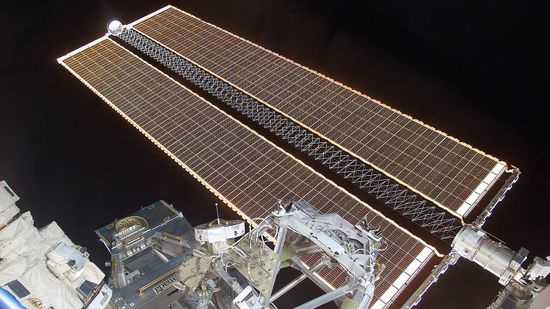
How Has NASA Improved Solar Energy?

How hard is the patent application process?

How to File a Patent
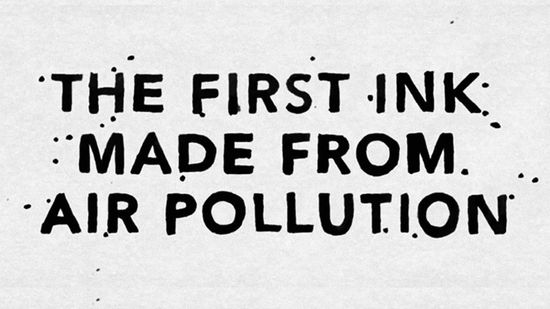
Turning Air Pollution Into Ink
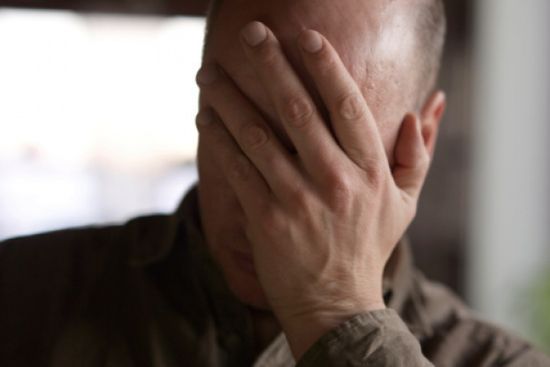
10 New Uses for Old Inventions

How Do QR Codes Work? 2D Barcodes Explained
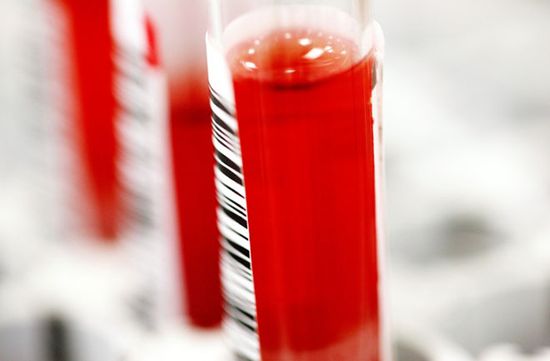
How can a bar code save your life?
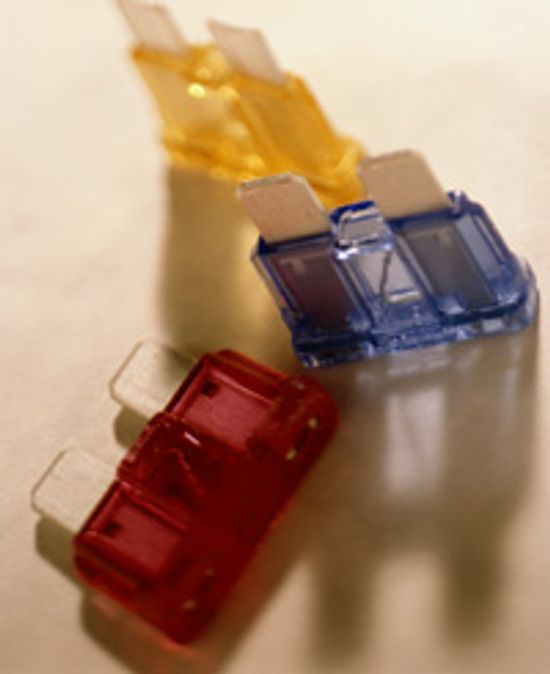
Is it possible to fix a blown fuse with a chewing gum wrapper?
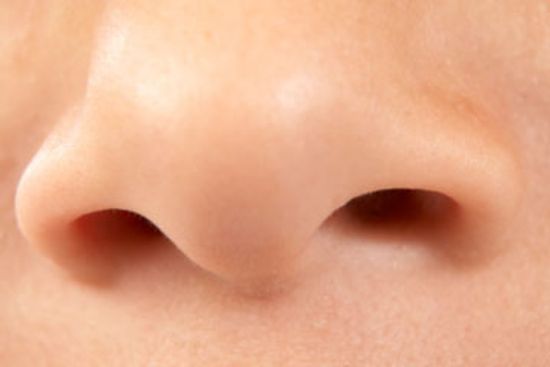
How do scratch-and-sniff stickers work?

10 Oddball Questions Scientists Have Genuinely Tried to Answer
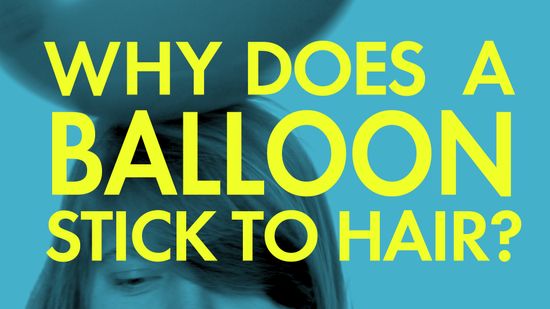
Why does a balloon stick to hair?
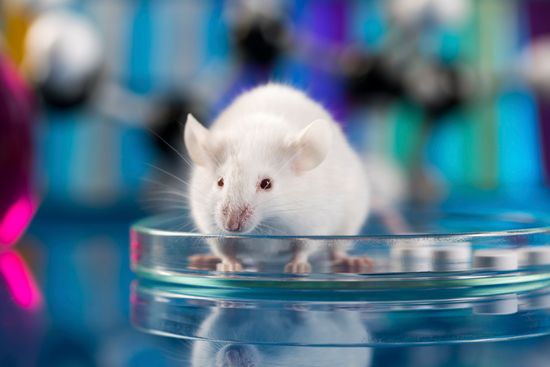
Why Do We Experiment on Mice?
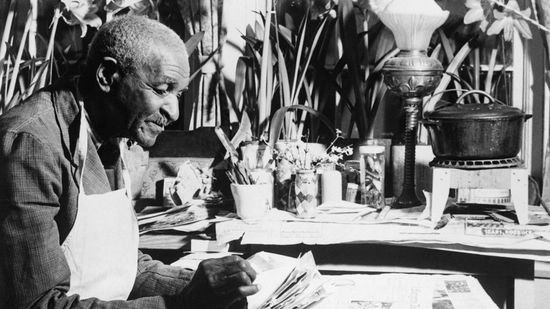
10 Black Scientists You Should Know
Learn More / Page 11
You may have heard of Topsy the elephant and her sad demise at the hands of Thomas Edison. But what's the real story?
Using a portable toilet at an outdoor concert or festival might be disgusting. But it sure beats going in a field! Now, imagine if your job were to clean out those suckers.
By Dave Roos
Ice sculptures can range from small tabletop pieces to entire buildings. In this fundamentally temporary medium, art and engineering combine to form sparkling, breathtaking effects.
Advertisement
If you step on a crack, you'll break your mother's back. Surely you know this jingle from childhood. It's a silly example of a correlation with no causation. But there are some real-world instances that we often hear, or maybe even tell?
Many items enjoyed by people of all abilities were originally designed to help people with disabilities. Here are some inventions you may use every day that were originally for the disabled community.
By Alia Hoyt
As the result of a happy accident, scientists have created a sustainable paint that's lighter, longer-lasting and more cooling than traditional paint.
Explore the ingenuity of Eli Whitney's cotton gin, a machine that transformed cotton processing, reshaped industries and influenced economies.
Advertisement
Learn how the invention of the world's first motorcycle in the 19th century shaped the future of mobility and revolutionized two-wheeled transportation.
Joseph Nicéphore Niépce is responsible for the first photo ever taken. Almost lost to time, the image used a process called heliography.
By Yara Simón
The flying shuttle was a transformative invention during the Industrial Revolution. Learn more about the device that revolutionized the weaving process.
Explore the mechanics and inner workings of the internal combustion engine, an innovation of the Industrial Revolution that transformed transportation.
Advertisement
The phonograph transformed audio recording, leaving a lasting impact on how we capture and preserve sound. Learn about the invention's history and evolution.
The pneumatic tire revolutionized transportation and a number of other industries that rely on air-cushioned rubber tires.
Invented in 1824, Portland cement remains prominent in modern construction. Learn about the hydraulic binder's raw materials and applications.
The power loom was one of the most significant inventions of the Industrial Revolution. Learn more about the mechanized device that transformed the textile industry.
Advertisement
The spinning jenny revolutionized the process of spinning yarn during the Industrial Revolution. Read on to learn about its impact on textile production.
The spinning mule shaped the textile industry and society as a whole during the Industrial Revolution. Read on to learn about the groundbreaking invention.
The telegraph was a groundbreaking invention that transformed communication in the 19th century. Explore its impact on news media and global connectivity.
By Yara Simón
The water frame was a revolutionary textile machine that mechanized spinning, transforming the cotton industry and driving industrialization.
Advertisement
Steamships quickly replaced sails in the early 1800s. Learn more about the origins of steamships and the innovations that led to their creation.
By Yara Simón
The light bulb literally brightened the whole world and Thomas Edison generally gets the credit for inventing it. But did he?
By Dylan Ris & Yara Simón
The heyday for Morse code is primarily over, but this communication method using dots and dashes still has its place in our digital world.
By Mark Mancini
James Watt's steam engine propelled the world forward. Learn about the Watt steam engine's impact and the innovations that helped make it possible.
By Yara Simón
Advertisement
We humans aren't complete slaves to time. We've devised ways to pack an extra hour of sunshine into our day, thanks to daylight saving time. But who came up with this idea and why do so many people loathe it?
